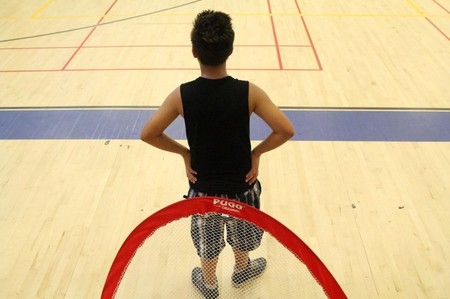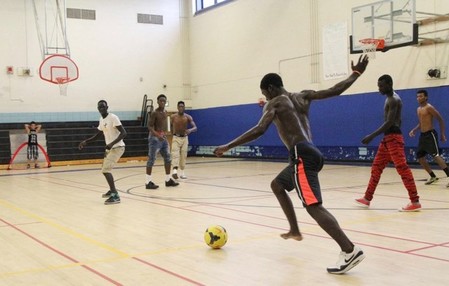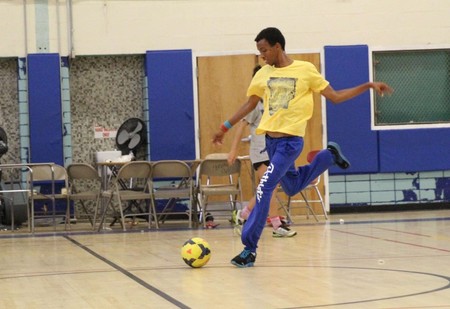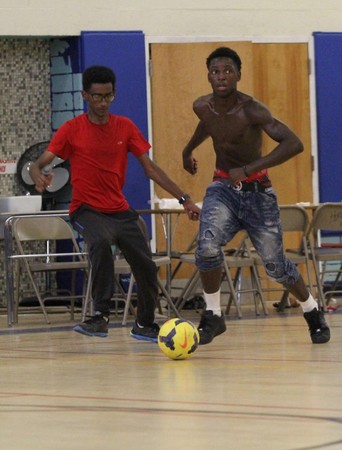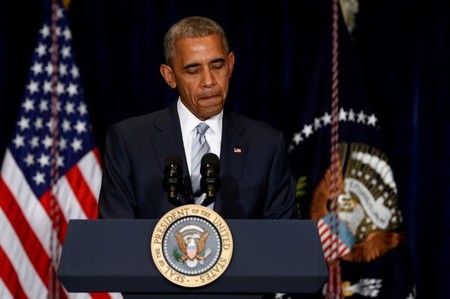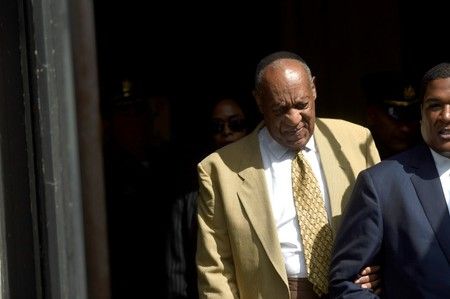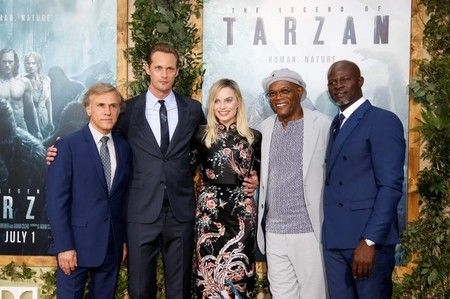Advertisement
Soccer helps young refugees take a shot at new life in the U.S.

By Nathan Frandino
BALTIMORE, Md. (Reuters) – On a muggy day in late July, dozens of student refugees ran relentlessly after a soccer ball, stopping only to help up a fellow player who had slipped.
The focus was on the universal sport that has helped unite these young people – mostly high schoolers – from around the world.
Heman Rai, a 21-year-old Bhutanese refugee, came to Baltimore in 2008 not speaking any English but found soccer helped him settle.
“It’s easy,” Rai told Reuters on Vanguard Collegiate Middle School campus in Baltimore, Maryland after a recent scrimmage.
His neon green shirt read: “PLAYING FOR CHANGE.”
“You don’t have to know English or you don’t have to know the other person’s language. You just play.”
Rai is one of 100 refugees in Baltimore trying to find their footing through Soccer Without Borders (SWB), a nonprofit that serves refugee youth in both the United States and overseas.
“Our mission is to use soccer as a vehicle for positive change,” said Casey Thomas, director of SWB’s Baltimore chapter. The soccer field is one of the few places where youth who have experienced such transitions “immediately feel confident, counted, and like they can express themselves and contribute,” the organization said on its website.
SWB, based in Cambridge, Massachusetts, serves refugee youth from 40 different countries, including four of the five countries with the most refugee arrivals in the United States: Iraq, Somalia, Bhutan and the Democratic Republic of Congo.
President Barack Obama will host a summit on the global refugee crisis on Sept. 20 at the United Nations General Assembly in New York. One aim is to find ways to increase refugees’ self-reliance and inclusion through opportunities for education and legal work.
Young refugees can face a number of difficulties in adapting to a new country, especially in education. In addition to soccer, the SWB program offers afterschool classes in English, art and science.
“All of the families that our kids are coming from have made so many sacrifices to have their kids achieve a better life,” Thomas said, emphasizing that education is hugely important to the families. “We, in turn, definitely prioritize supporting the academic success of our kids.”
Beyond academics, program participants say they value the friendships formed on the field.
“It’s a good program to help refugees and give them more,” said Johne Teweldebirhan, an 18-year-old Eritrean refugee born in Sudan. “To teach them how to respect each other and love each other.”
(Reporting by Nathan Frandino; Writing by Melissa Fares in New York)

